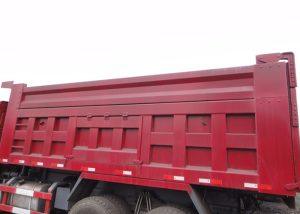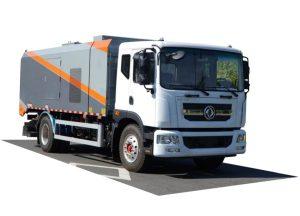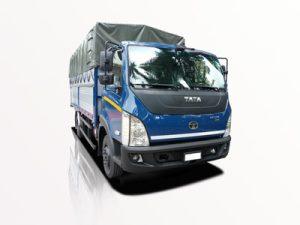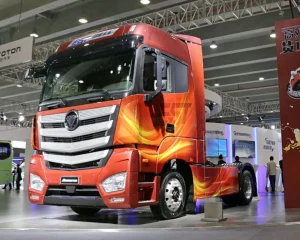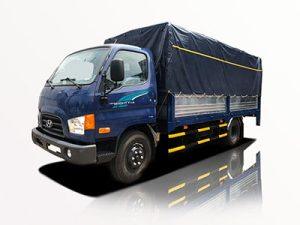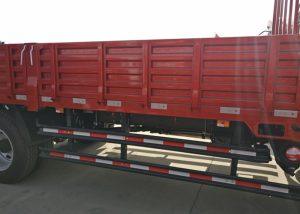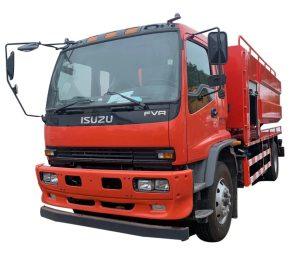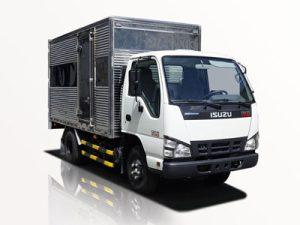Monday to Saturday - 8:00 -17:30
Understanding the Rotator Tow Truck: Features, Functions, and Benefits
In the world of towing, the rotator tow truck stands out as one of the most versatile and powerful vehicles. This comprehensive guide delves into the intricacies of rotator tow trucks, examining their features, applications, and advantages. Whether you are in the towing industry or simply curious about how these trucks work, this article provides insights that are both informative and practical.
What is a Rotator Tow Truck?
A rotator tow truck is a specialized type of tow truck equipped with a rotating crane. Designed for heavy-duty towing and recovery, rotator tow trucks can lift and tow vehicles of various sizes, including trucks, buses, and construction equipment. Their unique design allows for flexibility in accessing difficult and complicated recovery scenarios.
Key Features of Rotator Tow Trucks
- 360-Degree Rotation: The rotator’s crane can rotate a full 360 degrees, allowing for precise positioning when recovering vehicles.
- Powerful Winch Systems: Most rotator tow trucks have powerful winches that can pull heavy loads, making them capable of recovering vehicles that might be stuck in challenging situations.
- Stabilizing Outriggers: These trucks are equipped with outriggers that stabilize the vehicle during heavy lifting, ensuring safety and balance.
- Extended Reach: Many rotators have an extended reach compared to standard tow trucks, allowing for recovery from difficult angles.
- Multiple Towing Options: Rotators can tow vehicles using various methods: wheel-lift, flatbed, and traditional boom-tow.
Common Applications of Rotator Tow Trucks
Rotator tow trucks are used in various scenarios due to their capability and adaptability. Here are some common applications:
Heavy-Duty Recovery
Heavy-duty recovery is perhaps the most notable application. Rotator tow trucks can recover vehicles involved in accidents or those that are overturned, ensuring swift retrieval from dangerous situations.
Accident Scene Cleanup
These trucks are often called to remove wrecked vehicles from accident scenes, helping to clear the roadway quickly and safely.
Construction Site Assistance
On construction sites, rotator tow trucks can assist in moving heavy machinery and equipment, offering a crucial service to contractors and site managers.
Roadside Assistance
In roadside assistance situations, rotators can help recover vehicles stuck in ditches or mud, providing essential support to stranded motorists.
Understanding the Mechanism of Rotator Tow Trucks
The effectiveness of a rotator tow truck hinges on its unique mechanism comprising several key components:
Cranes and Booms
The crane is the heart of the rotator tow truck. Its sophisticated design allows for greater lifting capabilities and flexibility in maneuverability.
Winching System
Typically, a winching system comprises a strong cable that can pull substantial weight. The winch is integral to the truck’s recovery capabilities.
Hydraulic Systems
Hydraulic systems provide the necessary power for lifting and rotating the crane and are essential for the operation of stabilizers as well.
| Component | Function |
|---|---|
| Cranes | Lift and move vehicles |
| Winches | Pull stuck vehicles |
| Hydraulics | Power lifting and rotating mechanisms |
| Outriggers | Stabilize the unit during operation |
The Advantages of Using Rotator Tow Trucks
Rotator tow trucks offer numerous benefits compared to standard towing vehicles. Below are some of the primary advantages:
Increased Versatility
The ability to rotate and lift heavy loads in tight spaces makes rotators versatile for various recovery tasks.
Enhanced Safety
Rotators have built-in safety features, including stabilizers and advanced winching systems, that reduce risks during towing and recovery operations.
Efficient Recovery Operations
The sophisticated design and mechanisms enable quicker and more efficient recoveries, minimizing downtime for companies and individual drivers.
Cost-Effectiveness
While rotator tow trucks can be more expensive to purchase or rent, their ability to handle multiple recovery scenarios often leads to savings in the long run.
Choosing the Right Rotator Tow Truck
When selecting a rotator tow truck, consider the following factors:
Weight Capacity
Different models have varying weight capacities. Assess the types of vehicles you will primarily tow and choose accordingly.
Features and Accessories
Look for additional features such as extended booms, enhanced winch systems, and comfort aspects in the cab.
Brand Reputation
Research manufacturers to understand which brands are known for reliability and quality in rotator tow trucks.
Training and Certification
Ensure that operators are properly trained and certified for the specific machinery they will be using, as this affects safety and efficiency.
Practical Tips for Operating a Rotator Tow Truck
Safety First
Always prioritize safety by following best practices, such as utilizing outriggers and securing loads properly.
Inspect Your Equipment Regularly
Routine inspections of the rotator and its components can prevent equipment failure and potential accidents.
Communication is Key
Maintain clear communication among your team and use hand signals when visibility is limited.
Utilize Advanced Technology
Consider incorporating technology like GPS systems for navigation and efficient routing during recovery missions.
The Future of Rotator Tow Trucks
As technology advances, the future of rotator tow trucks looks promising. Innovations such as automated systems, connectivity features, and improvements in fuel efficiency could redefine how towing operations are conducted.
Adopting Eco-Friendly Practices
With the push towards sustainability, many manufacturers are developing rotator tow trucks that run on alternative fuel sources, reducing the environmental impact of these vehicles.
Frequently Asked Questions (FAQs)
1. What is the average cost of a rotator tow truck?
The average cost ranges from $200,000 to $400,000, depending on features and manufacturer.
2. How often should rotator tow trucks be serviced?
Regular servicing is recommended every 6 months or after approximately 1,500 operational hours.
3. Can anyone operate a rotator tow truck?
No, operators must have specialized training and certifications to safely operate these vehicles.
4. What types of vehicles can a rotator tow truck handle?
Rotator tow trucks can handle a range of vehicles, including cars, buses, trucks, and heavy machinery.
5. Are rotator tow trucks equipped for off-road recovery?
Yes, many rotator tow trucks are designed for off-road recovery and have features that support this capability.
6. What should I do if I see a rotator tow truck at an accident scene?
Please maintain a safe distance and follow any directives from emergency personnel or towing operators on the scene.


